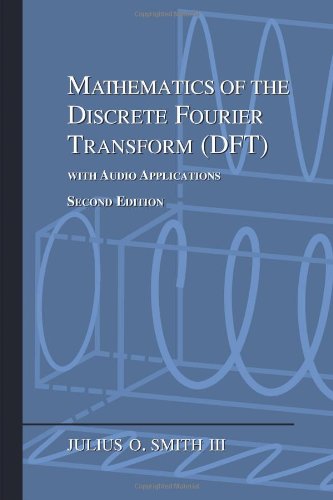Derivatives of f(x)=a^x
Let's apply the definition of differentiation and see what happens:

Since the limit of
![]() as
as
![]() is less than
1 for
is less than
1 for ![]() and greater than
and greater than ![]() for
for ![]() (as one can show via direct
calculations), and since
(as one can show via direct
calculations), and since
![]() is a continuous
function of
is a continuous
function of ![]() for
for ![]() , it follows that there exists a
positive real number we'll call
, it follows that there exists a
positive real number we'll call ![]() such that for
such that for ![]() we get
we get

So far we have proved that the derivative of ![]() is
is ![]() .
What about
.
What about ![]() for other values of
for other values of ![]() ? The trick is to write it as
? The trick is to write it as



Next Section:
Back to e
Previous Section:
Imaginary Exponents



















